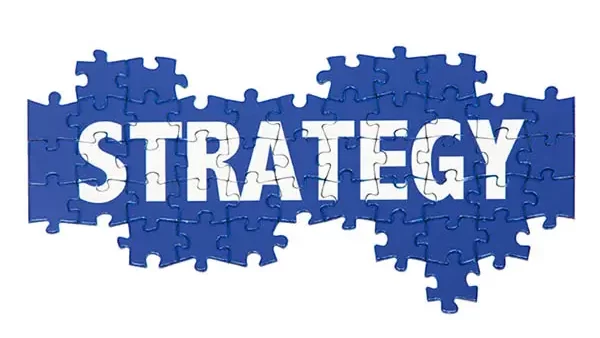In the fast-paced world of software development, effective strategic management is crucial for success. The ability to plan, execute, and adapt strategies can determine the success of software delivery projects. Strategic management in software delivery refers to the process of setting goals, defining objectives, and creating plans for software development projects. It involves identifying the resources required, the timeline, and the methodology to ensure that software is delivered on time and within budget.
Software delivery is a complex process that requires careful planning and execution. With so many factors to consider, from requirements gathering to testing, it is essential to have a strategic management plan in place. The main aim of strategic management in software delivery is to ensure that the software meets the needs of the end-users and stakeholders, as well as the organisation’s overall business objectives.
One of the key aspects of strategic management in software delivery is risk management. Risks are an inevitable part of any software development project, and effective risk management can help mitigate potential issues. This involves identifying potential risks, assessing their likelihood and impact, and developing a plan to minimise or eliminate them. Effective risk management ensures that the project stays on track, reduces the likelihood of delays and cost overruns, and ensures that software is delivered on time and within budget.
Another important aspect of strategic management in software delivery is stakeholder management. Stakeholders are individuals or groups who have an interest or stake in the software development project. This includes end-users, customers, project sponsors, and team members. Effective stakeholder management involves identifying the needs and expectations of stakeholders, managing their expectations, and ensuring that they are kept informed throughout the project lifecycle.
In addition, strategic management in software delivery also involves resource management. This includes managing the availability and allocation of resources, such as personnel, tools, and infrastructure. Effective resource management ensures that the project has the necessary resources to meet its objectives and that these resources are utilised efficiently.
Finally, strategic management in software delivery involves performance management. This includes tracking and measuring project performance against predefined metrics and targets. This helps to identify areas for improvement, manage project scope, and ensure that the project is on track to deliver on time and within budget.
In conclusion, strategic management is a critical aspect of software delivery that helps organisations to achieve their business objectives. It involves identifying risks, managing stakeholders, allocating resources, and monitoring project performance. Effective strategic management ensures that software is delivered on time, within budget, and meets the needs of end-users and stakeholders. By adopting a strategic management approach to software delivery, organisations can reduce risks, improve project efficiency, and enhance overall project success.

